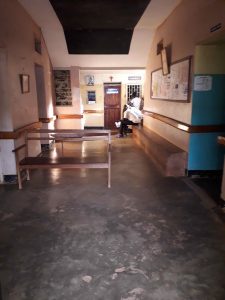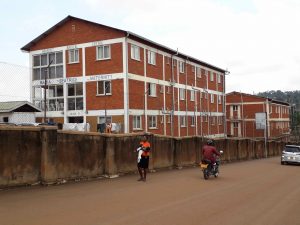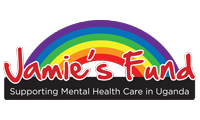Health Care Challenges
As much of the world has been engaged in coping with the Covid 19 pandemic, we have been keeping in touch with our partner hospitals in Uganda. We were keen to understand the challenges they have been facing, and how they have been responding. Towards the end of May, we contacted all our active partners, and soon had replies from nearly half of them.

Empty waiting rooms
All hospitals have faced reduced income, because their training schools have been closed, and fewer patients are coming for treatment. In some cases, numbers attending are 25% of what they were. The barriers for patients are lack of money and lack of transport as public transport had been banned for some time, only now beginning to be allowed again, with increased spacing.
The hospitals have the frustration of seeing drugs in their pharmacy being wasted as they go past their expiry dates.
Mental ill health is on the increase, not only because people are unable to access treatment. Poverty and isolation can tip vulnerable people into mental ill health, as anxiety, depression, and suspicious beliefs run unchecked. And hospitals are noticing an increase in domestic and gender-based violence, drug and alcohol misuse, and teenage pregnancies.

Fewer patients
General health is suffering too, as people are less able to access child immunisation programmes and regular HIV clinics or access emergency treatment. As people delay seeking treatment in the early stages of illness, they are more often becoming severely ill and less likely to recover. The number of deaths from Covid has thankfully been low, but many people have suffered in other ways due to the virus and wider impact of the lockdown both on health and on the economy.
Despite having a fraction of the resources available to us, hospitals have done their best to respond to the crisis. They have provided transport and temporary accommodation for their staff to enable them to be at work. The mental health teams have reached out to their communities with phone calls and radio broadcasts, encouraging people to come in for treatment. They have set up informal helplines. They have gone out to bring people in who were at risk of becoming mentally unwell. And they have done their best to keep everyone safe, with social distance and available PPE.
Uganda has its Healthcare Heroes too!
Linda Shuttleworth




